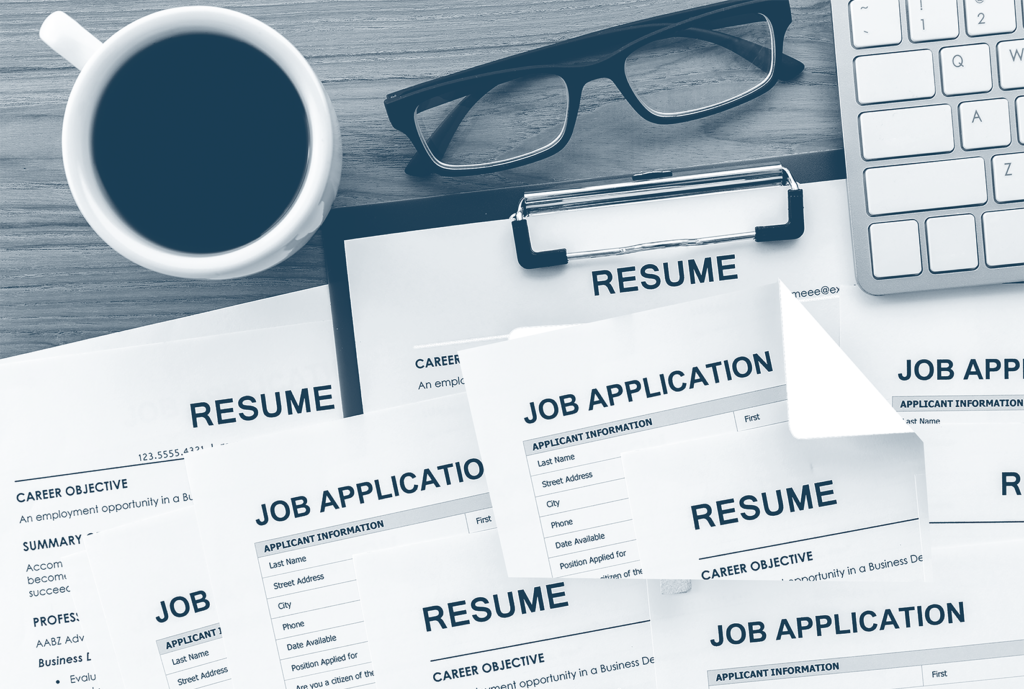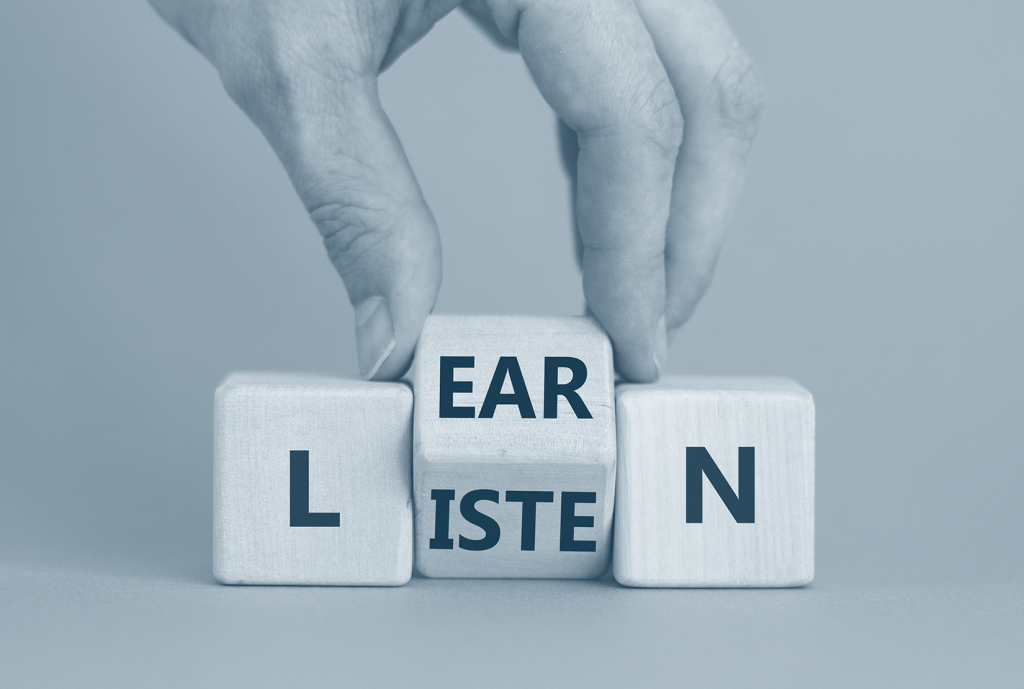ChatGPT and other AI text services have made writing easier than ever. That doesn’t mean they’ve made writing better. While it might be tempting to rely on this technology to write bullets for a resume or compose a cover letter, the risks far outweigh the rewards.
All AI Sounds Alike
Though you may think that your AI-produced cover letters sound clear and professional, to employers and recruiters, they sound generic. AI text technology produces language by learning from sample sentences fed to it.
Essentially, it copies other people’s writing.
Your Chat GPT assisted language won’t sound any different than anyone else’s and it won’t sound like you, so it will be harder for you to stand out. Worse, this language often ends up sounding like a robot wrote it.
Not only will you seem boring— the reader will view you as someone who can’t be bothered to write your own resume.
It’s All About Specifics
Your resume and cover letter should tell a story about you and your career. They communicate more than your credentials—they help prospective employers understand why they should consider talking to you for a specific role.
When you rely on AI, you rob yourself of the ability to share that story effectively.
Additionally, strong resumes and cover letters should contain keywords and details that are tailored to specific roles. Those documents should reflect a level of thought that a robot can’t match. If you want others to put time into reviewing your materials, you need to put that time in yourself.




